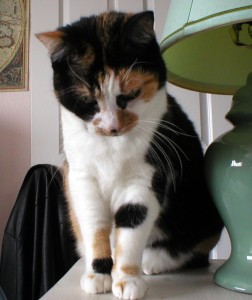again, from earlier this week…

“Where do you think you’re going?”
again, from earlier this week…

“Where do you think you’re going?”
![]()
![]()
![]()
![]()
![]()
![]()
anrēwa
the state of being awake.
![]()
![]()
![]()
![]()
![]()
anxēie
the state of being asleep. This occasionally shows up as the possessed saxēie. Kēlen does not always draw a hard and fast line between a bodily expression and a bodily state.
ñi sāen maxēie;
‘She fell asleep.’ or ‘She’s asleep.’ [Change of state to she=asleep]
sema jaxēie;
‘She’s asleep.’ [She is experiencing an instance of sleep]
la saxēie jatāλa;
‘Her sleep is restless.’
![]()
![]()
![]()
![]()
![]()
![]()
![]()
sasāwre
one’s snore or snoring.
This stem is more often found as the stative noun ansāwre which is used to describe someone who snores.
![]()
![]()
![]()
![]()
![]()
![]()
![]()
sakōrne
one’s yawn.
![]()
![]()
![]()
![]()
![]()
![]()
samāsa
one’s frown. Like sālne, samāsa can also be an expression or an indication of feeling, in this case the feeling of displeasure.
sele jamāsa to anmāe;
I really dislike tea.
![]()
![]()
![]()
![]()
![]()
sālne
one’s smile. This might be more familiar to some as jālne as in:
sele jālne to anmāe;
‘I really like tea.’ or ‘Tea makes me happy.’
The stem -āln- can refer to the smile as a facial expression, in which case it is generally possessed, or as an indication of a feeling, in which case it is not possessed. This is true of most words that can be seen as bodily expressions.
![]()
![]()
![]()
![]()
![]()
![]()
saxīla
one’s pulse.
I’m not sure how to classify pulse, and breath, and voice, but they are nearly always obligatorily possessed.
“Well. I’ve knocked everything off the table and she still hasn’t gotten up to feed me. Maybe I should pounce next.”

![]()
![]()
![]()
![]()
![]()
![]()
sarēla
one’s breath.